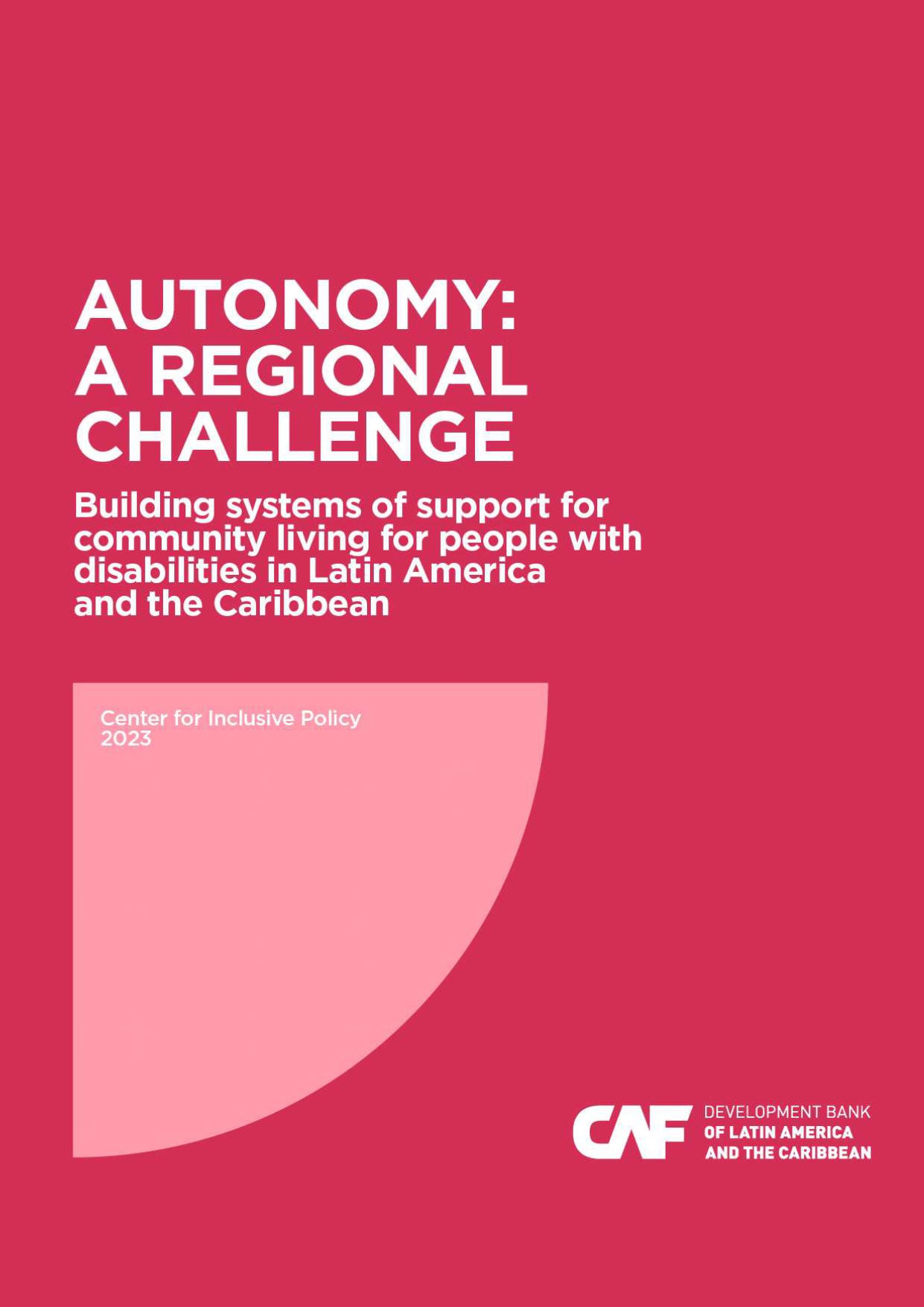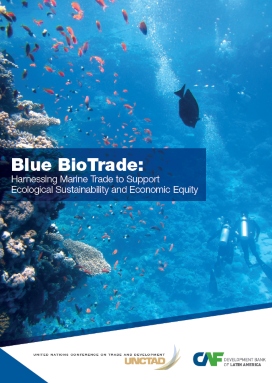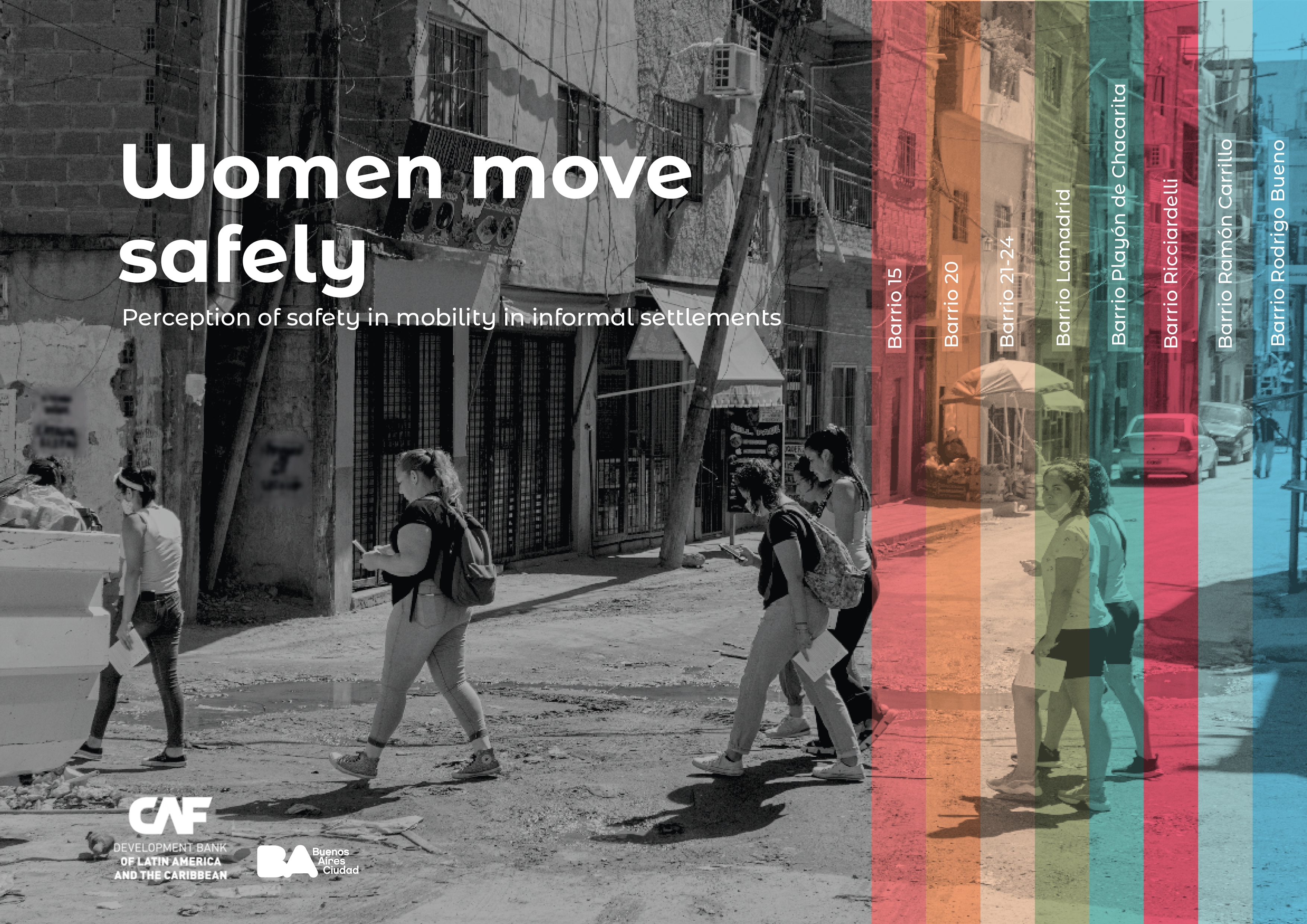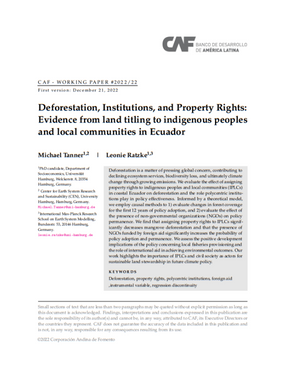Autonomy: a regional challenge - building systems of support for community living for people with disabilities in Latin America an the Caribbean
Resumen
The socio-economic crisis caused by the COVID-19 pandemic and its effects has underscored the centrality of support and care systems that enable people with disabilities to live in community. Several studies indicate that people with disabilities, particularly those with intellectual disabilities and those in institutions, died from COVID-19 at a higher rate than people without disabilities (Knapp et al., 2021). Also, during the pandemic and periods of quarantine and isolation, people with disabilities faced serious challenges when trying to get access to basic services such as health and education for a variety of reasons including health services discriminating on the basis of disability, lack of accessible virtual educational platforms, and lack of support systems and services that help people with disabilities and their families in their daily living activities including overcoming the barriers listed above (COVID 19 Disability Rights Monitor, 2020). In fact, contagion and isolation measures significantly affected both formal services and informal support networks including the assistance provided by family and close relatives or friends, most of whom are women.
Although Latin America and the Caribbean are gradually making progress in building a caregiving agenda, people with disabilities and their organizations are, for the most part, on the fringes of such efforts. On one hand, there is a historical resistance on the part of the disability movement against addressing the rights of people with disabilities from a caregiving perspective. This is because traditional care narratives position people with disabilities as a "burden" or "dependent," and caregiving policies and approaches have left a negative legacy of medicating, segregating, anddisempowering them. On the other, although feminist movements and caregivers, who are leading the advocacy and debates, are beginning to makethe need for a systemic view of care that incorporates the demands for autonomy and participation of people with disabilities visible, this is not yet reflected in all national agendas and many of the proposals still maintain a paternalistic and medical approach to disability (Bango & Cossani, 2021). Building comprehensive caregiving systems must not become a missed opportunity to advance the rights and inclusion of people with disabilities.
Materia
País / Región
Fecha
2023Citar de esta publicación
Item perteneciente a la Colección

Autor
Vásquez Encalada, AlbertoPereira, María Antonella
Items Relacionados
Blue BioTrade: Harnessing Marine Trade to Support Ecological Sustainability and Economic Equity
The following report describes how the application of the Blue BioTrade concept can promote sustainable and equitable economic sectors and value chains ...
Women move safely
Urban mobility is essential for those who live in cities. Transport infrastructures and services are an essential means of improving people’s well-being, ...
Deforestation, Institutions, and Property Rights: Evidence from land titling to indigenous peoples and local communities in Ecuador
Deforestation is a matter of pressing global concern, contributing to declining ecosystem services, biodiversity loss, and ultimately climate change ...





